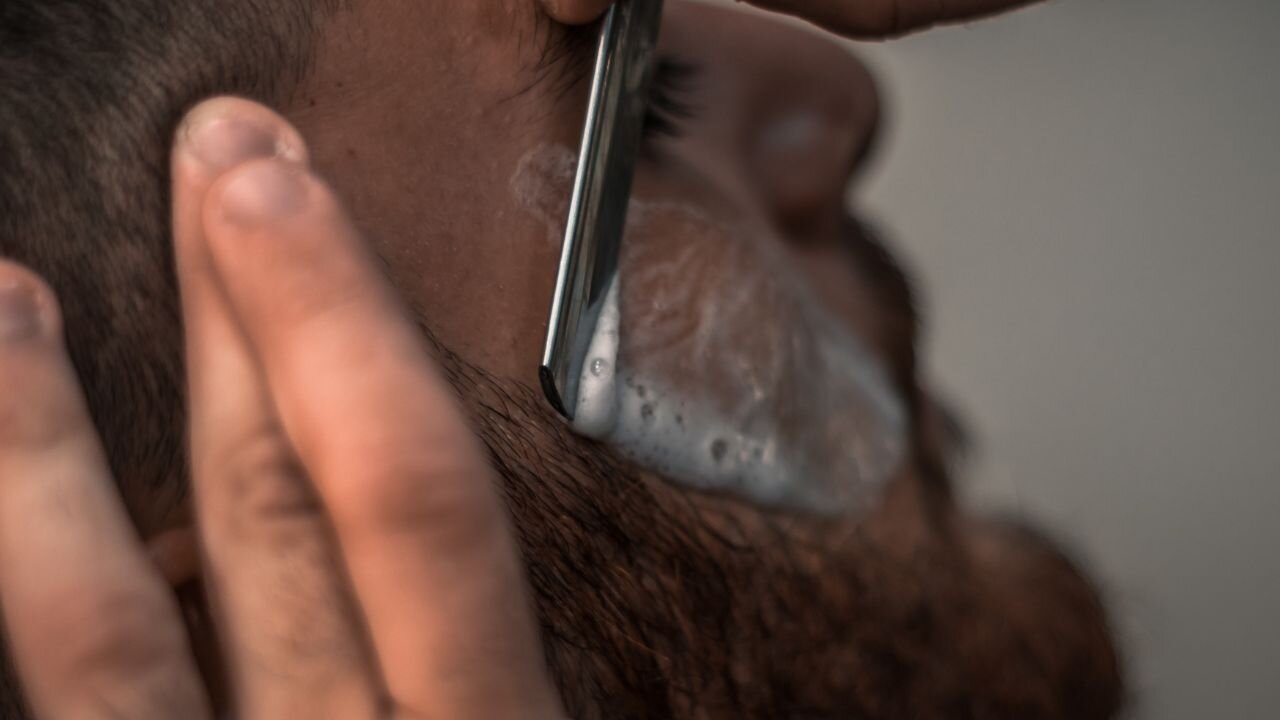Premium Only Content

Americans reveal just how difficult it is to find ‘the one’
Three-quarters of Americans are still searching for “the one” when it comes to their hairdresser, according to new research.
A survey of 2,000 U.S. adults revealed that when it comes to finding a go-to, perfect match service provider, less than one in five have found their one in terms of an auto repair shop (19%), veterinarian (16%), therapist (13%) or nail tech/salon (11%).
In fact, less than one in 10 have found their dream realtor (7%), chiropractor (7%) or contractor (7%).
Over the last five years, Americans have visited three different personal care providers, three health care providers and three different home maintenance experts and still, 29% have yet to find their one in any category.
In order to seek out their perfect match, the average American prefers to read five reviews per provider and places more weight on the positive than the negative ones (34% vs 15%).
Results also revealed that people will spend 15 minutes browsing social media pages before they commit to a provider. Taking things a step further, 18% won’t support a business that doesn’t have an online presence.
Conducted by Talker Research on behalf of Birdeye, results revealed that the vetting doesn’t stop there — if a business has less than a 3-star rating, the average respondent won’t bother reading the reviews and will automatically pass on them.
Once a provider is selected, it takes seven visits to be considered a “regular” and an average of eight visits to completely trust them.
But once that trust is built, it's a hard bond to break as the average respondent would be willing to travel almost 30 minutes (28.6) if they moved or their go-to relocated.
This may be because three in five (61%) are more loyal to the actual person doing the service rather than the brand or company providing it (25%).
One-quarter of Americans even believe that it’s equally as difficult to “break-up” with their go-to service provider than a partner and 13% go so far as to say it’s easier to let go of a partner.
“In today’s economic climate, consumers are scrutinizing their spending more carefully,” said Dave Lehman, president of Birdeye. "Our study indicates that for local businesses to flourish and remain competitive, they must maintain a strong online reputation, be active on social media and deliver top-notch customer experiences.”
In the case that Americans are not satisfied with a service, the most popular courses of action include asking them to fix it or make it right (37%), followed by bringing it up directly with the person who provided the service (36%).
But even so, respondents are more likely to avoid using them again or find another provider (34%) than they are to give them another chance (23%) or to leave a negative review on social media (10%) or Google (9%).
However, almost two-thirds (64%) are likely to leave a positive online review after a good experience.
At the end of the day, more than half of Americans (55%) are more likely to give a small, locally owned business more chances than a big box chain (20%) if their service doesn't live up to their expectations.
In that same vein, 54% expect a higher caliber of service from small businesses.
"Consumers often turn to local businesses when searching for ‘the one’ because they expect to receive elevated, more personalized experiences," said Lehman. "To deliver upon this promise, local businesses of all sizes need the right tools and resources, which is where a reputation and customer experience management platform can help by enhancing online presence and customer engagement."
Survey methodology:
This random double-opt-in survey of 2,000 general population Americans was commissioned by Birdeye between March 29 and April 4, 2024. It was conducted by market research company Talker Research, whose team members adhere to the American Association for Public Opinion Research (AAPOR) Code of Professional Ethics and Practices. Researchers are also members of the Market Research Society and the European Society for Opinion and Marketing Research (ESOMAR).
-
 0:54
0:54
SWNS
15 days agoDo you need a ‘resolution buddy’ to help keep you on track?
341 -
 5:45
5:45
Tactical Advisor
1 day agoWoox New Lever Action | Shot Show 2025
24.5K2 -
 16:25
16:25
Clownfish TV
12 hours agoDEI is Deader Than Disco! Hollywood Most Affected?!
20.9K5 -
 1:04:23
1:04:23
CarlCrusher
14 hours agoThe TRUTH about Roswell and the UFO Crash Recovery Material
16.6K4 -
 59:40
59:40
Trumpet Daily
21 hours ago $4.52 earnedAmerica’s Royal Family - Trumpet Daily | Jan. 21, 2025
17.5K19 -
 1:03:14
1:03:14
Bek Lover Podcast
14 hours agoInteresting Times with Bek Lover Podcast
40.2K6 -
 3:10:10
3:10:10
Price of Reason
16 hours agoTrump is BACK in Action! Elon Musk's Inauguration Gesture Draws MSM Fire! Disney Prepares For LOSSES
50.9K8 -
 2:08:22
2:08:22
Kim Iversen
15 hours agoIs This Even Legal? Trump’s Push to End Birthright Citizenship and The Insane Plan to Move Palestinians to Indonesia
147K305 -
 1:27:06
1:27:06
Glenn Greenwald
15 hours agoMr. Tracey Goes To Washington: Inauguration Observations, Interviews & Commentary | SYSTEM UPDATE #393
176K62 -
 52:01
52:01
Tucker Carlson
19 hours agoNew York Mayor Eric Adams Sounds a Lot Like a Trump Voter
249K266